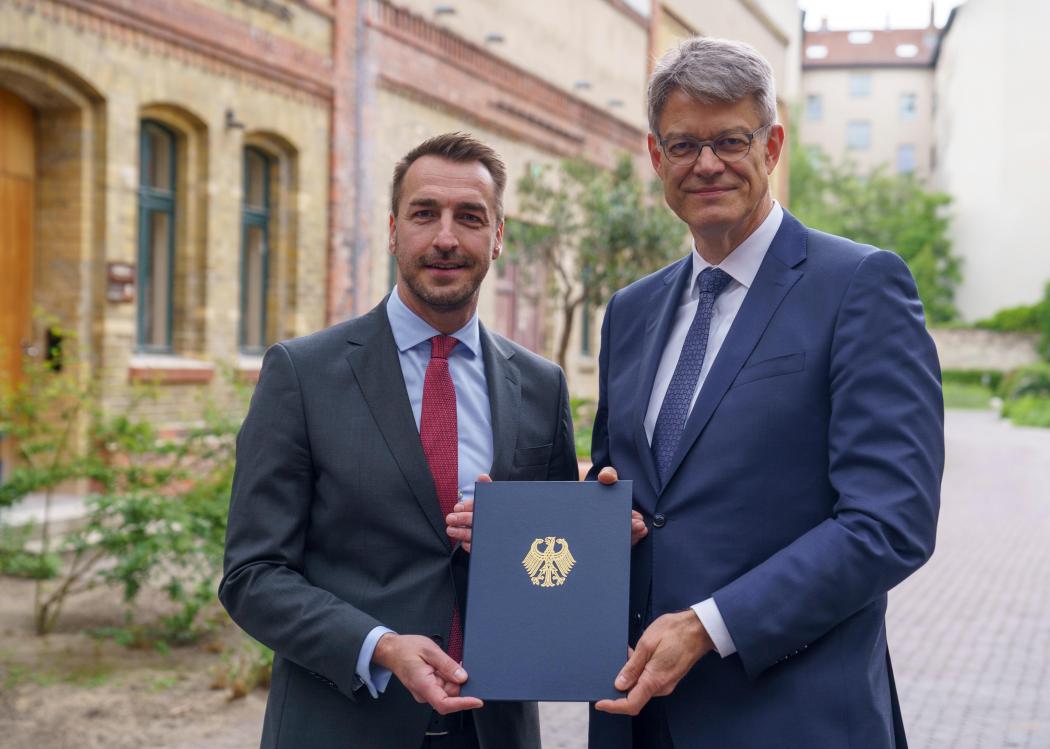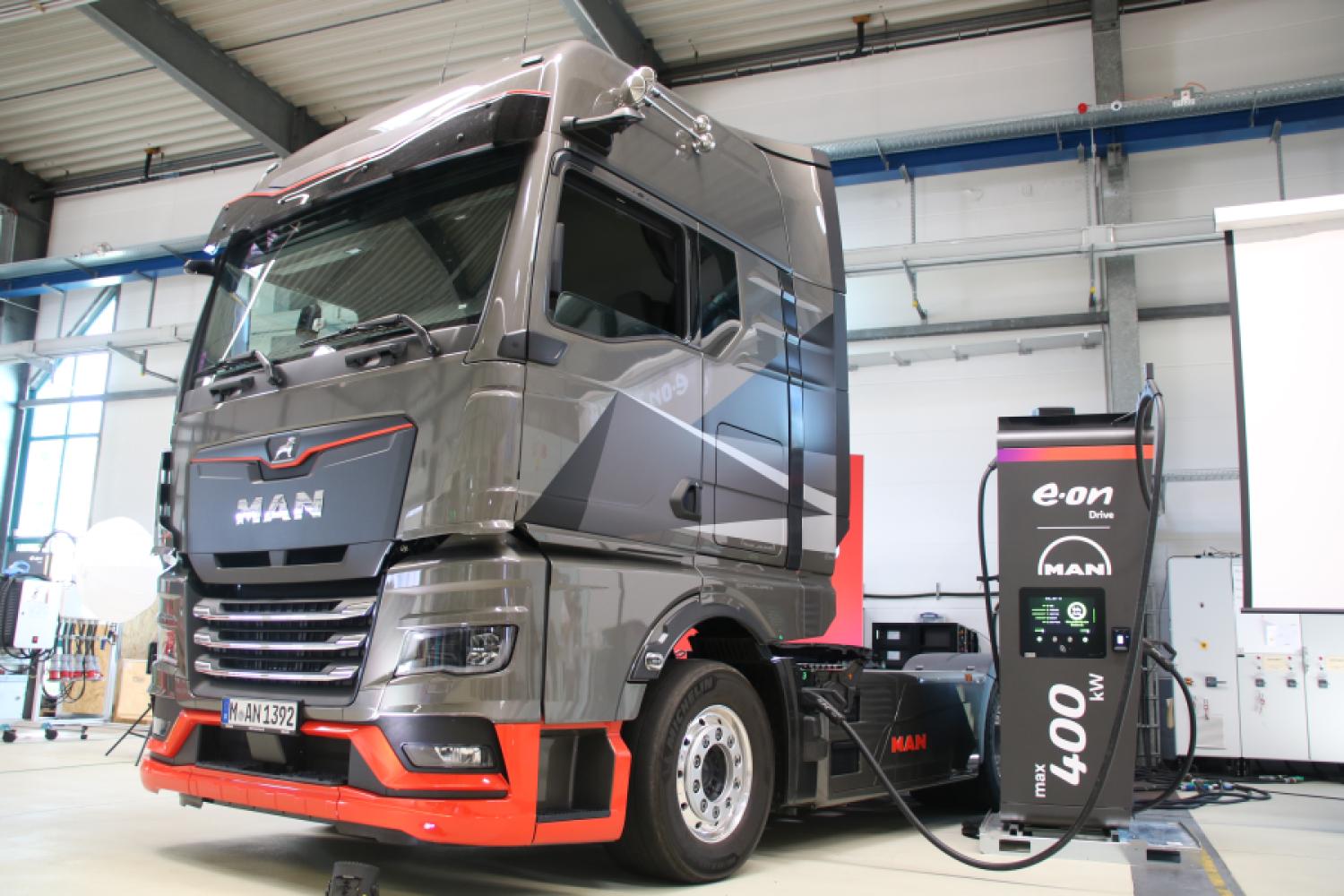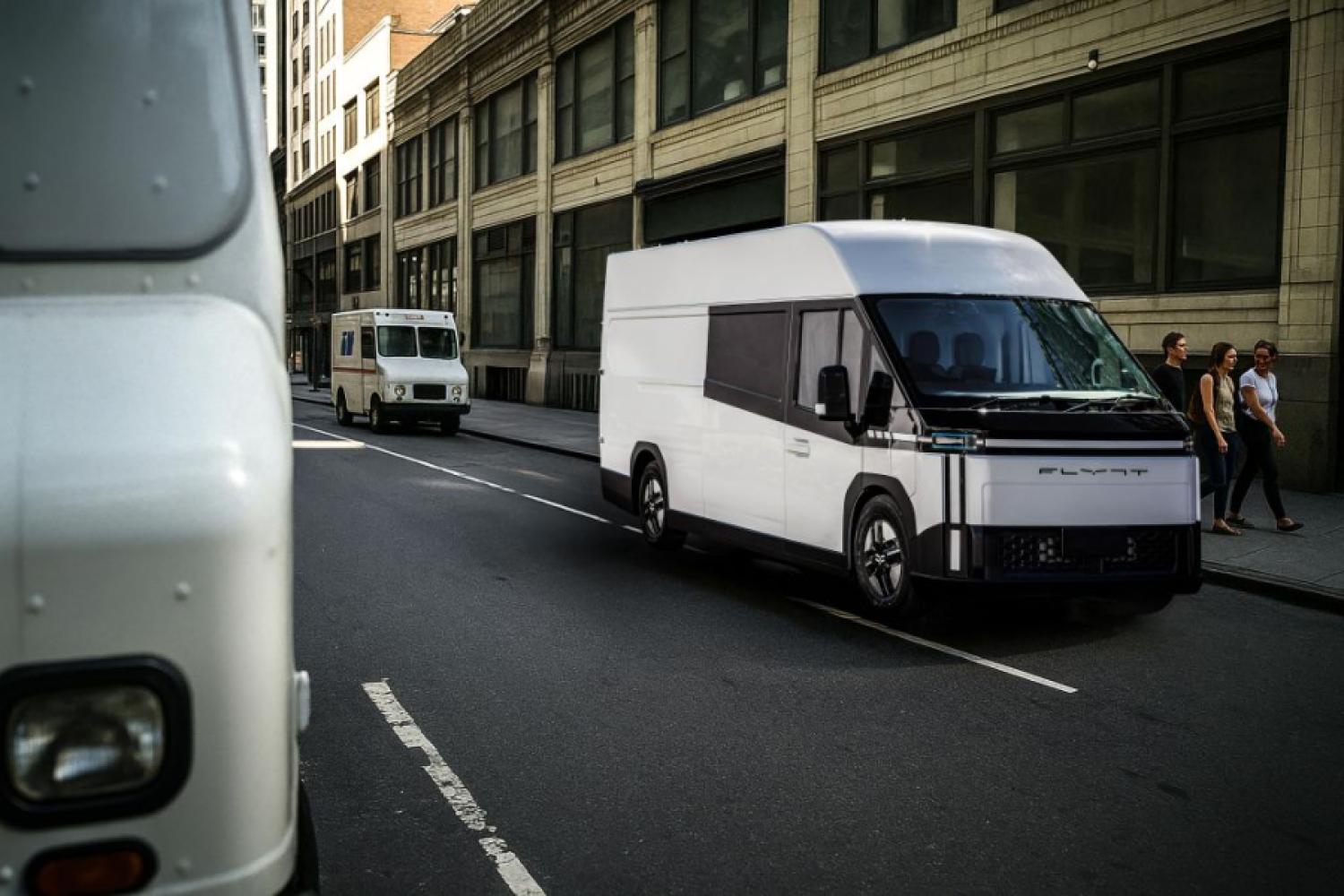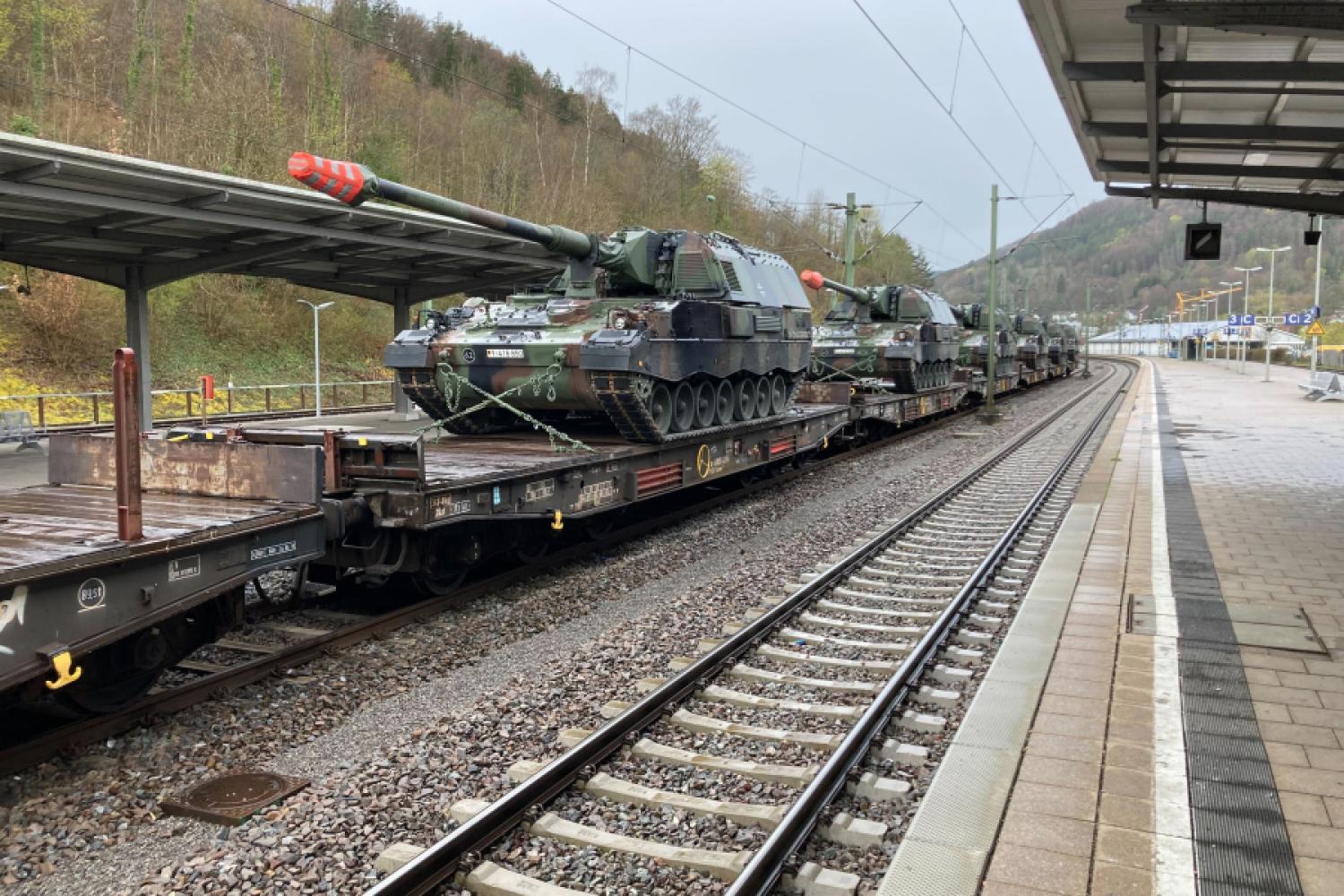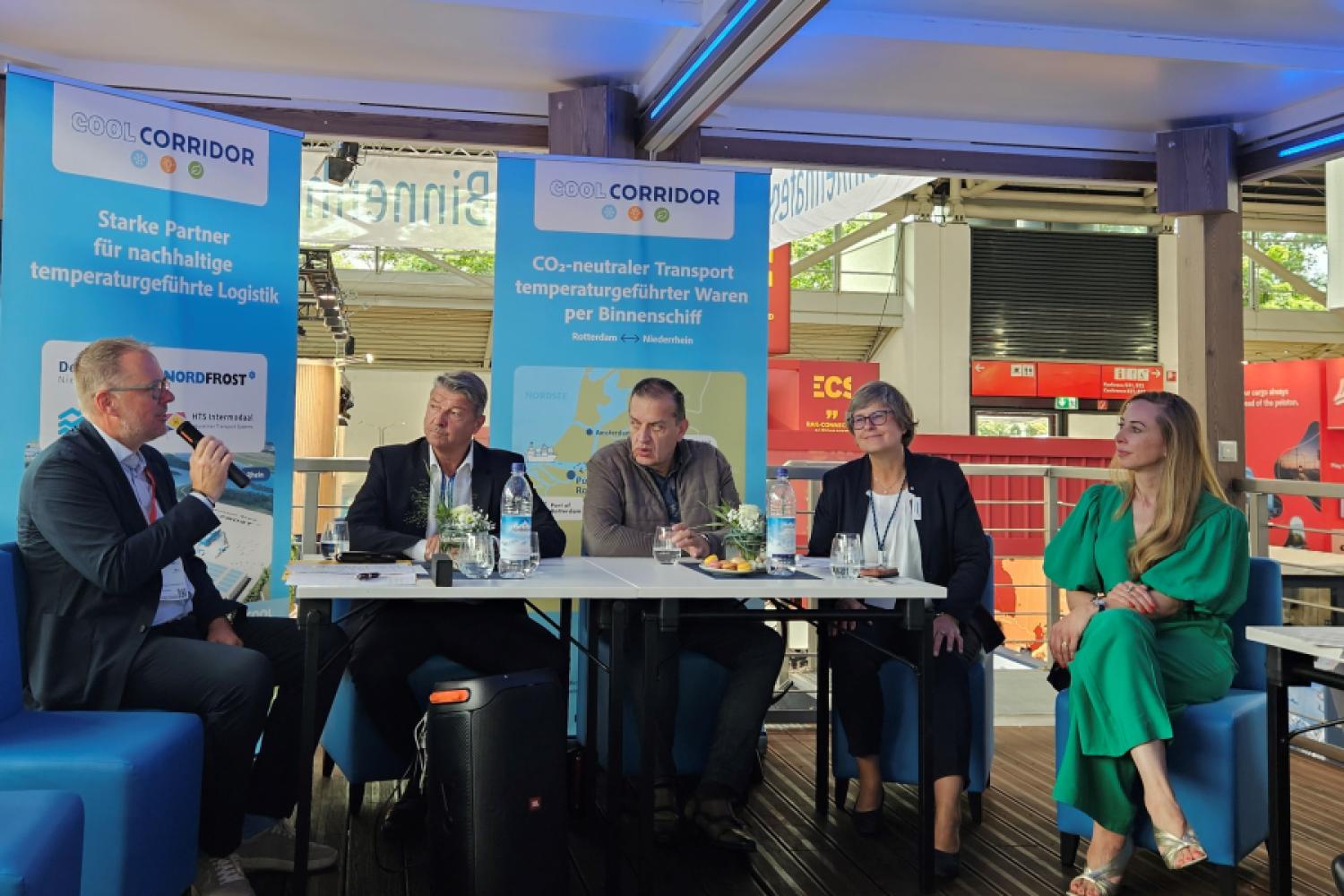HGK Shipping is now allowed to operate the first inland vessel in the German canal area remotely for six months in a test run. This was reported in a press release on May 16. After the coupled unit consisting of "Niedersachsen 2" and "Hannover" successfully completed a test drive on a section of the now approved route in early May, the inland shipping company received the green light from the General Directorate of Waterways and Shipping (GDWS). At the sidelines of an industry event in Berlin and in the presence of the signatory, GDWS head Eric Oehlmann, Transport Minister Dr. Patrick Schnieder handed over the permission for the sailing area from Scharnebeck to Salzgitter to HGK Shipping CEO Steffen Bauer on May 15.
As part of the handover of the permit, Federal Minister Dr. Patrick
Schnieder stated: "Inland navigation faces enormous challenges. The looming shortage of skilled workers must not become a stumbling block for this hidden champion of the transport carriers. The fact is that inland waterways are the only mode of transport with available capacities that we have in Germany. Pilot projects like this remotely controlled coupled convoy can therefore become a game changer. The approval procedures have been created, now it is a matter of bringing the technology out of the laboratory onto the water and taking action."
Eric Oehlmann, head of the General Directorate of Waterways and Shipping, emphasizes: "After careful examination of all legal requirements – with a special focus on safety – and a successfully conducted test drive, the time has come: The coupled inland vessel can now be remotely operated from the center
in Duisburg. I am grateful that my colleagues were able to accompany the approval process quickly and solution-oriented – the GDWS thus sets a good example of how innovation in inland navigation can be advanced together and with pace."
Digitalization Against Skilled Labor Shortage
HGK Shipping has long been driving the use of remote control technology from the provider Seafar to counteract the glaring shortage of skilled captains. "Together with our technology partner Seafar, which operates a so-called Remote Operations Center in Duisburg, we are also relying on increased digitalization of inland navigation through the modernization of our ship fleet. This is an effective lever to enhance the attractiveness of the job profile when competing for qualified workers," emphasizes Steffen Bauer, CEO of HGK Shipping, regarding the motivation behind this endeavor. "Due to the careful
preparation and implementation of the individual approval steps, we hope to seamlessly transition to the next phase and operate with reduced crew after this test phase."
Prior to this, according to HGK, the remote control had already been tested on the Rhine with a full crew on board under a Belgian permit based on corresponding CCNR recommendations. In the new test phase, which is conducted in the German canal network between the municipalities of Scharnebeck and Salzgitter, a full crew remains on board the ship.
The next step, according to the press release, is already the operation of retrofitted ships with reduced crew on the test program. HGK aims to use personnel more flexibly and provide captains with more time on land. In other European countries, especially in Belgium and the Netherlands, the technology has
